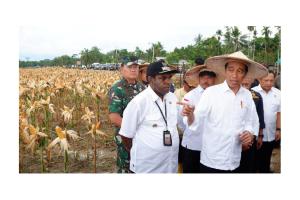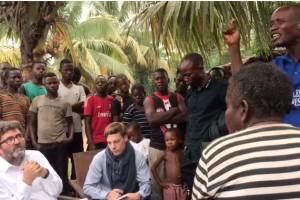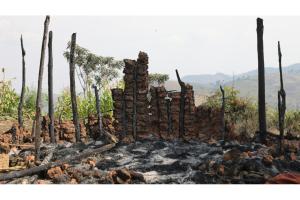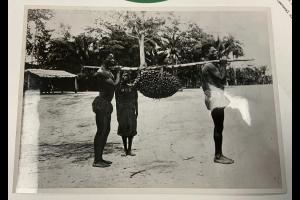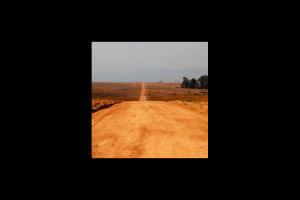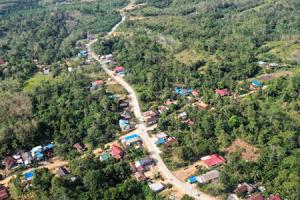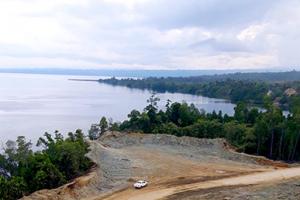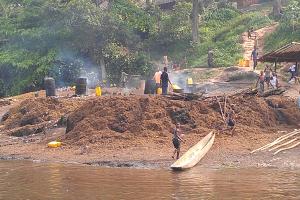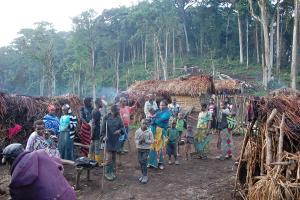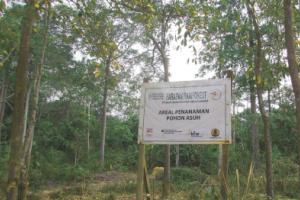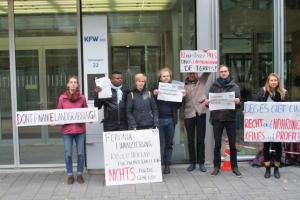Legal Land Theft
In most countries with tropical forests, governments uphold the colonial legacy that declared the State to be the owner of forest lands. This has enabled governments to legally grant land to private investors, often violating communities' customary ownership of the land. As a result, corporate activities that destroy forests continue to expand.
The Balik People will bear the impacts of the plans to build a New Capital City mega-project in Borneo, Indonesia. Government officials and business elites in the country are certainly among those who will enjoy the benefits.
Available in Bahasa Indonesia.
Electric cars have become the symbol of the ‘low carbon’ economy. As an item of consumption first and foremost for the wealthy, the negative impacts of the required minerals and metals that are extracted are frequently downplayed.
More than 100 years ago, lands were stolen from communities in DR Congo for industrial oil palm production. Since 2009, those lands are under control of the company FERONIA.
A group of riparian Batwa people, exasperated by the extreme poverty following their eviction in order to establish the Kahuzi Biega National Park, decided to return to their ancestral forests. Since then, they regularly clash with the “eco-guards,” sometimes leading to the loss of human lives.
Back in 2004, conservation NGOs and the Indonesian Ministry of Forestry pioneered with a model called Ecosystem Restoration Concessions. This article takes a closer look at this model in the context of new and old threats to forests, and the global push for “forest restoration”. (Available in Indonesian).
Nine communities from the DR Congo took a historic step this week by filing a complaint with the complaints mechanism of the German development bank (Deutsche Investitions- und Entwicklungsgesellschaft – DEG)
